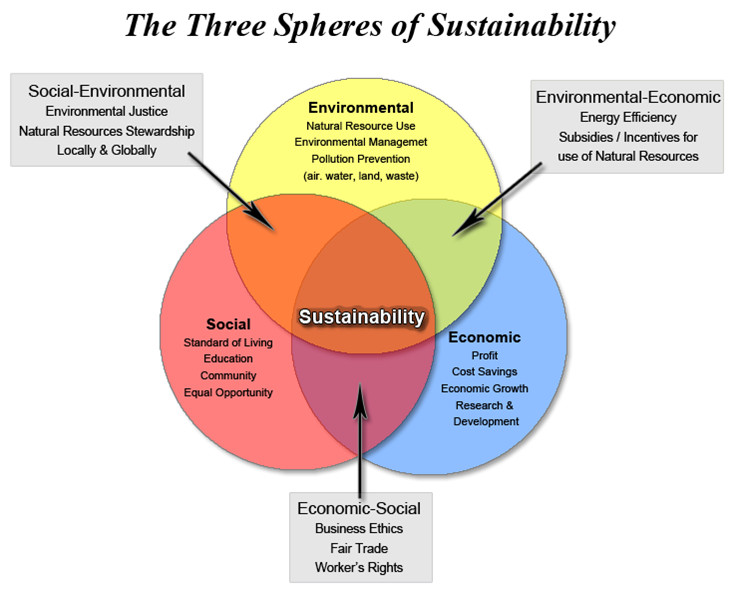Sustainability Is a Strategy: Walmart's Pledge to Reduce Fuel Consumption
November 3, 2011
There must be additional net profit to be made with Walmart converting the rest of its inbound over to collect freight terms. Walmart has invested in multiple supply-chain management software platforms, including Transportation Management Systems (TMS), EDI, and Dock & Yard Management (YMS). With help from MIT, they are busy knitting these platforms into an enterprise system. Converting terms requires a substantial long-term analysis and negotiation effort. Managing the movement of over 450,000 truckloads a month requires a large, well-trained, and experienced staff. This will not happen overnight, and it will not be easy.

You could make the argument that with proper systems and processes, Walmart will build a large enough critical mass to drive higher levels of efficiency into the task of freight management. But just because something is bigger does not necessarily mean it is more efficient. We industrial engineers understand this very well as a product of the law of diminishing returns. At some point, the additional effort needed to manage all that freight movement effectively may require more input per-unit than managing only half the total freight movement. The return on the freight “margin” and the rate negotiation strength is not enough to offset all these investments—so there have to be more returns.
I suspect that even more savings and even more efficiencies will be brought to the entire supply chain when Walmart takes complete control of its transportation network. And I believe that these efficiencies will provide Walmart with the ability to deliver on a host of other strategic results they have promised the world.
In February 2010, Walmart announced that it would dramatically cut fuel consumption and greenhouse gas emissions. The task is daunting: Walmart is striving to deliver on three simple and straightforward, but massive, sustainability goals:
- To be supplied 100% by renewable energy
- To create ZERO waste
- To sell products that sustain people and the environment
Simple and straightforward? Yes. Easy to achieve? No, very difficult. This is the kind of corporate goal that could damage a bottom line. But I am sure Walmart is looking at ways to align their sustainability goals with their fiscal goals.


